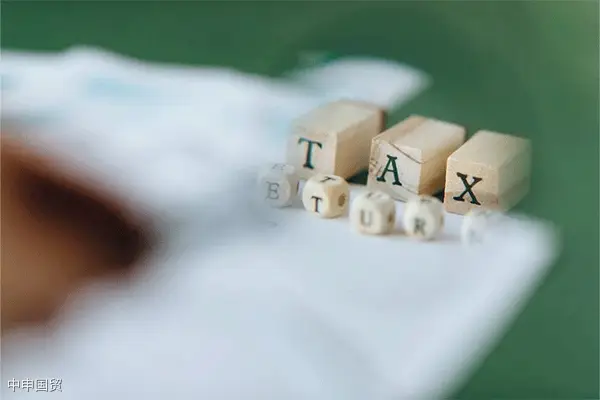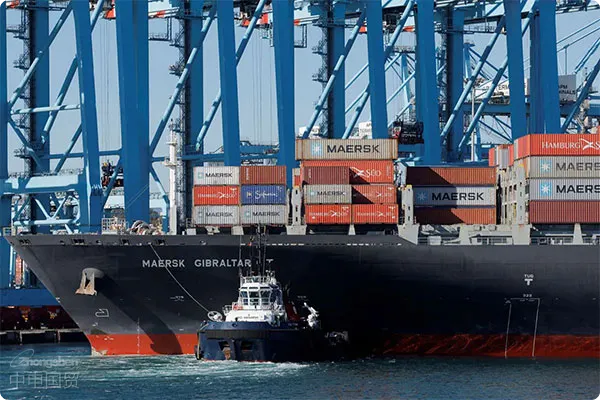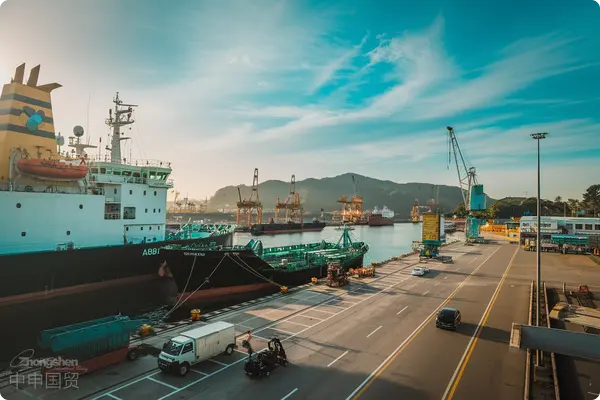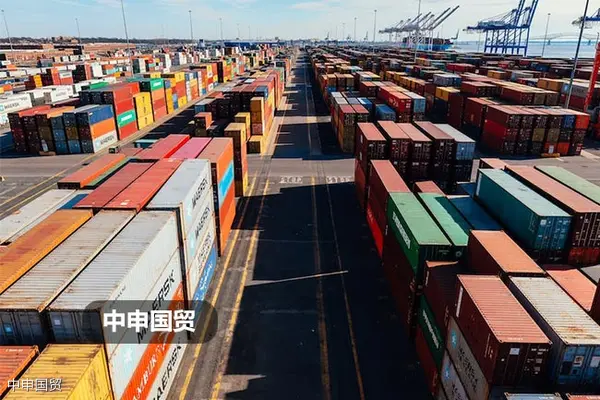- Shanghai Zhongshen International Trade Co., Ltd. - Two decades of trade agency expertise.
- Service Hotline: 139 1787 2118
In theforeign tradeIn export business, whether a company can enjoy tax refund policies often depends on the type and tax rate of the input invoices it obtains. The following is a detailed answer to whether foreign trade companies canExport Drawback.

I. Basic requirements for export tax refunds
According to Chinas export tax refund policy, export tax refunds refer to the refund of value-added tax (VAT) contained in goods exported by export enterprises. The core of this policy is:
- Special VAT Invoiceexport enterprises must obtain valid VAT special invoices as evidence for input tax credit.
- Tax refund rate: The applicable tax refund rate for exported goods must comply with national regulations, and different products have different tax refund rates.
II. Issues with input invoices for tax-free aquatic products
Purchased tax-exempt aquatic products generally refer to unprocessed aquatic products. Such products are exempt from value-added tax (VAT) when sold domestically. Therefore, foreign trade companies do not obtain special VAT invoices when purchasing such tax-exempt aquatic products. This creates two key issues:
- No input tax credit: Since no special VAT invoice is obtained, foreign trade companies cannot provide input tax credit documents when applying for export tax refunds.
- Tax refund conditions not met: The absence of a special VAT invoice means foreign trade companies do not meet the basic requirements for applying for export tax refunds.
III. Can tax-exempt aquatic products be refunded upon export??
Based on the above analysis, a clear conclusion can be drawn: If the goods exported by foreign trade companies are purchased tax-exempt aquatic products, they cannot enjoy export tax refund policies due to the lack of special VAT invoices.
IV. Policy exceptions and practical operations
Although the above principle applies in most cases, in practice, tax authorities in different regions may have some flexibility and specific implementation rules. Additionally, there may be tax policies and exemptions related to aquatic products that could affect actual tax refund operations.
Agricultural product input invoices
- For agricultural products (including some aquatic products), the VAT rate for special invoices is usually 9%. However, in practice, some regions may have VAT reduction policies, resulting in an actual tax rate lower than 9%.
- When processing tax refund applications, local tax authorities typically refund based on the export tax refund rate (e.g., 13%) without considering the actual tax rate paid. In such cases, a refund exceeding tax paid situation may occur.
Hidden risks
Although the refund exceeding tax paid situation may benefit companies in the short term, in the long run, such operations may be subject to tax authority audits, leading to tax risks. Therefore, companies should maintain good tax compliance to avoid potential legal risks.
V. Suggestions and countermeasures
- Obtaining valid invoices: Foreign trade enterprises should strive to obtain special VAT invoices when purchasing aquatic products. For tax-exempt products where special invoices cannot be obtained, they may negotiate with suppliers to obtain legitimate VAT credit documents through appropriate means.
- Understanding local policies: Companies should familiarize themselves with the specific tax refund policies and operational norms of local tax authorities to ensure compliance.
- Consult professional institutions: For uncertain tax issues, it is advisable to consult professional tax advisors or agencies to obtain expert opinions and reduce tax risks.
In summary, when foreign trade companies purchase tax-exempt aquatic products, they cannot enjoy export tax refund policies due to the inability to provide special VAT invoices. Companies should operate cautiously to ensure compliance and avoid potential tax risks.
Related Recommendations
? 2025. All Rights Reserved. Shanghai ICP No. 2023007705-2  PSB Record: Shanghai No.31011502009912
PSB Record: Shanghai No.31011502009912










